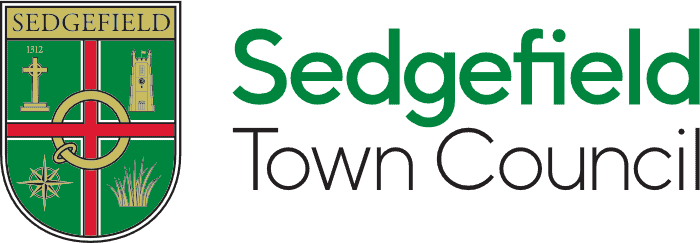Thinking of becoming a Councillor?
What matters to you in Sedgefield? Is it preserving our village green and open spaces, improving and maintaining community facilities, elevating community events or the need for more youth activities? Do you have innovative ideas for the Council driven by passion for our community?
Whatever it is, why not get involved by becoming a Town Councillor?
Perhaps you are already involved in local affairs and want to take the next step. Or you may be looking for a worthwhile and rewarding way to make a long-lasting difference in your local community. There are approximately 20,000 local Councillors in England, each representing their local community and all with their own reason for doing so. No other role gives you a chance to make such a huge difference to quality of life for people in your local area.
To find out more about what is involved, read on!
What is a Town Councillor?
A Councillor's primary role is to represent their Parish and the people who live in it. Councillors provide a bridge between the community and the Town Council, putting the views and needs of the residents they represent at the forefront of decision-making for the benefit of the town.
A Councillor’s role can include developing strategies and plans for the area, helping resolve problems and bring fresh ideas, representing the community, working with other local community groups, making important decisions, and talking to the community about their needs and what the Council is doing.
A Councillor's role has three main areas:
- Decision-making — At Council meetings, Councillors decide the priorities of the Council, where money should be spent, what services should be delivered, and what policies should be implemented.
- Monitoring and feedback — Councillors ensure that their decisions lead to efficient and effective services by monitoring how well things work.
- Getting involved locally — As local representatives, Councillors have responsibilities towards their constituents and local organisations. The single most important task is to listen to the views of the people and be the voice of their community. By doing this, councillors gain important information about the concerns and aspirations of the people they represent. The matters that an individual Councillor may focus on can often depend on what a given Councillor wants to achieve and how much time is available.
So what do Town Councillors do?
Many people's impression of what a Councillor does is just attending Council meetings. While meetings are an essential time for decision-making, it’s the ordinary day to day contact with local people that Councillors experience in their own community that is the most important part of being a local Councillor.
The day-to-day work of a Councillor may include the following:
- Listening to residents and taking up issues on their behalf, such as writing a report for the relevant Council committee or making representations to a relevant organisation
- Reading and analysing reports and information issued by the Town Clerk to best prepare for decision-making or discussions at meetings
- Attending working group meetings
- Joining other meetings if appointed on local bodies and organisations whose work affects the whole community
How to apply
There are two ways to becoming a Councillor at Sedgefield Town Council: standing for election or filling a vacant seat.
If local elections are scheduled in the near future, the best thing to do is contact the Electoral Services team at Durham County Council to register your interest in standing as a Councillor, and they will send you a nomination pack for the forthcoming election with all information on the process from start to finish. You can contact them on 03000 269 714, via email democraticservices@durham.gov.uk or by visiting the website https://www.durham.gov.uk/article/2276/Become-a-councillor.
The next local council elections in County Durham will take place in May 2029.
From time to time, the Town Council may have vacancies that need to be filled. When there is a vacancy to be filled, this will be publicised on the news page of our website, in the town noticeboard, in the Council office windows, on our X account @SedgefieldTC and through our Residents’ Database. Depending on timing, it may also be advertised in the Sedgefield Extra.
